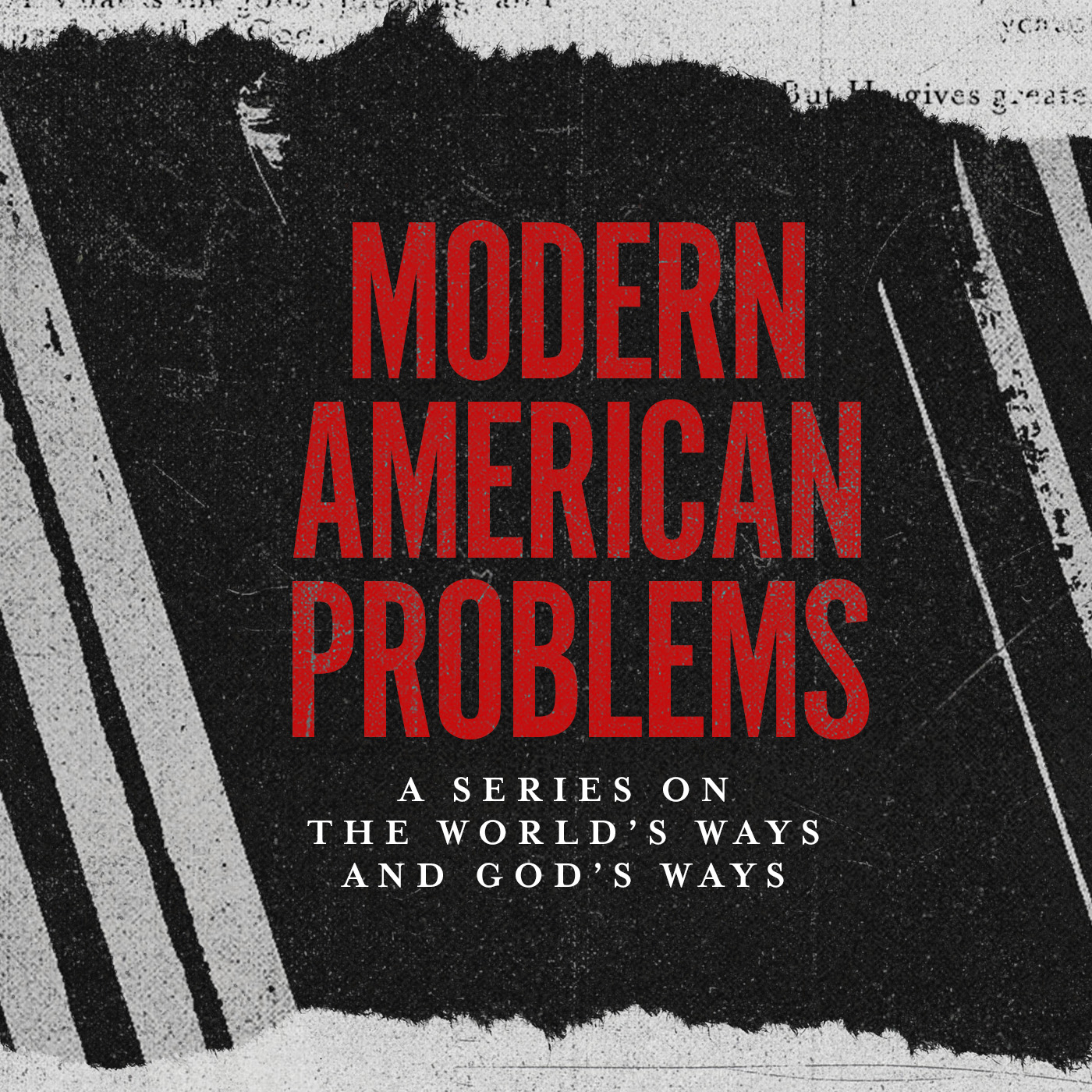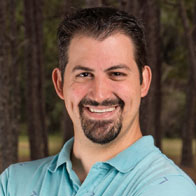Not too long ago, I was asked, “Why are the community groups at Good News semester-based?” The person went on to reason, “It seems if that, if the goal of the groups is for the people to get to know and care for each other, you wouldn’t to have them be so temporary.” This question makes sense. How can you get to know someone in just 10-16 weeks? And how can you really care for people if you are switching out your church friends every semester? Good points. So, let me explain:
First of all, we don’t intend for most of our groups to only last for 10-16 weeks and then to never meet again. The majority of our groups re-start the following semester with many of the same people in them. So, in that sense, they are not as temporary as they may seem. If you go to a group from August until December, there’s a good chance you can still be in it from February to May. In fact, if you keep signing up for the same group over and over again, it’s a great way to spend several years in community with some of the same people. Sure, you could switch groups every single semester, but that is not what most people do.
Instead of ending every group, and then chasing everyone off to a whole new group the following semester, the purpose of this schedule was to give multiple “on ramps” and “off ramps” for people as they try to plan out their lives.
OFF RAMPS: One advantage of “off ramps” may be for newcomers. We think it’s easier to ask someone new to come to our home from August until December, rather than asking them to come to our homes every Wednesday (insert scary, booming voice here) “for the rest of your lives!” Also, if someone needs to switch groups at some point, there are now times when that feels appropriate without having to break an explicit or implicit promise.
Additionally, we think there is some value in taking off a little time in between semesters, and so semester-based community groups make it easy for us to take breaks at Christmastime and summertime. It also gives us some stopping points where we can make changes. If we need to start a group, stop a group, change leaders, train leaders, etc, it’s easier to do that during the breaks, then to do that in the middle of a semester.
ON RAMPS: Perhaps even more important than “off ramps” would be “on ramps.” We wanted there to be multiple starting points for people to be able to join a group. For instance, if someone invites you to their group, but you know that the seven of them have been meeting every single Thursday since the Carter administration - and if you show up this Thursday you’ll be jumping right into “Leviticus, Part 88” - it might be intimidating. But if you know that many new people from all over the church are going to be joining groups that same week (and that some of those new people might even be joining the same group at the same time as you are) then it’s not so overwhelming. It’s like entering through someone’s back door rather than through their foyer. Either door will work, but sometimes it feels better to enter in at a point where it feels like your are supposed to enter.
On ramps in the Spring and Fall also make promoting these groups easier. I think it’s better for me to take time every January and August to remind you all about the importance of community groups… rather than having to bring it up all the time. I mean, technically, our groups accept members on an on-going basis. If you didn’t sign up for a group back in August, but you’d like to join one now, in the middle of the semester, you can! We won’t turn you away. But that doesn’t mean that we are actively trying to get people to join groups in October. We think it’s better to focus our time on January and August each year, rather than continually bringing it up weekly (or somewhat randomly) all year long.
In conclusion, these thoughts are some of the reasons behind why we are doing community groups the way that we are doing them. We are not saying that this is the only correct way to do groups. We may even change our mind over time regarding how we do groups, and maybe this won’t be the way we do it in the future. But, these are the reasons we have for why we are doing it the way we are doing it now. I hope it’s helpful to know.

